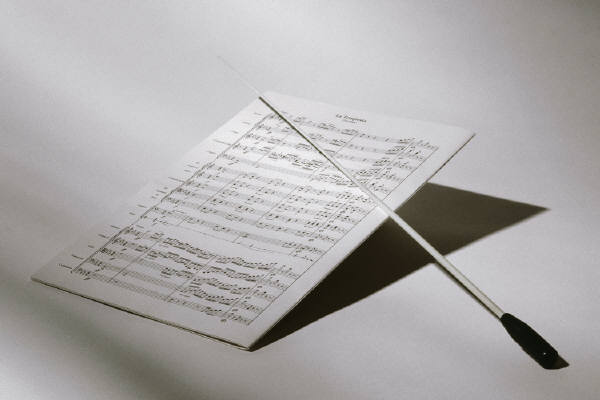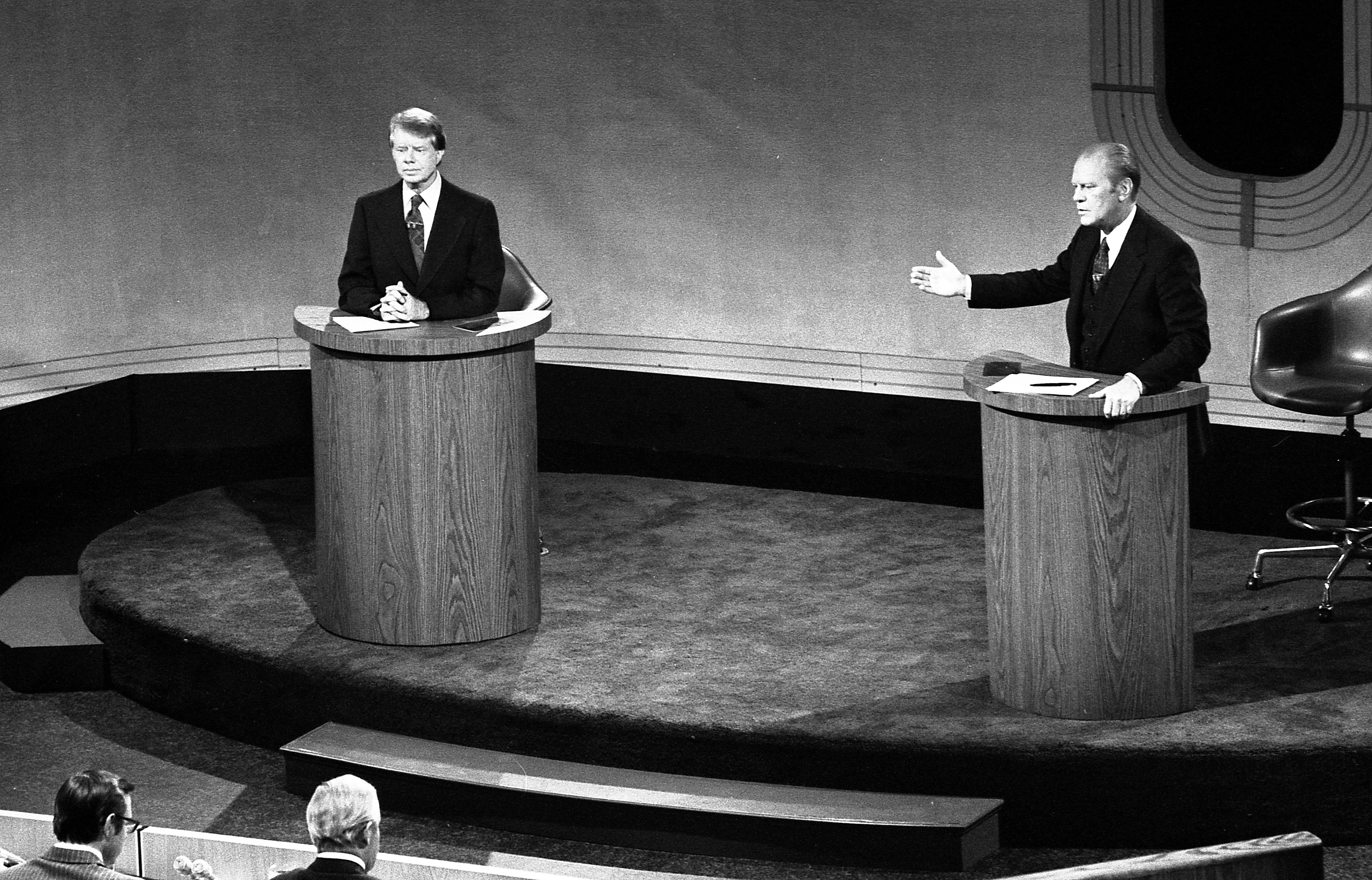
What is a choice? If someone grabs me and forces me to turn to the left instead of the right, was this a free decision? Most people would say no. But if all the atoms which make up “me” (and those around me) have no choices, according to physical laws, then do I still have a free choice as to which direction I turn? Or am I pre-determined to turn a specific way, and then I experience an illusion when I feel that I am choosing?
I didn’t choose my genetics, my parents, the location of my childhood, the beliefs I was taught, etc. etc. Most of the factors which make up my will were not chosen by me - (I wasn’t really around when those choices were made!) So what does this say about the origination of the thoughts, feelings and traits which make up me?
If I choose to stand up and turn to the right, what was the origination of this decision? Was it POOF! out of nowhere? Let’s imagine that it was. Does this fact make me feel that I had more of a choice in the matter? No. That just sounds random, as if I flipped a coin. (did the coin, or the environment, or both, make a choice as to which side landed up?)
So is my choice the result of thought-out reasons? Or feelings? If so, yet again, what was their origin? If I say that the origin of my reasoning is a desire for truth, where did the desire for truth come from? Is it fair to say that my choice is pre-determined by my reasons? And those reasons were pre-determined by others factors, and on and on?
Perhaps all of reality is a constant state of evolving relationship. So an interesting question is “What is the self in all this?”
Some people argue that ultimately there is no self. Perhaps this is true in a sense. I am not something that is completely separate from everything else. Yet, it’s also true that a small bundle of subjective experience, that is me, exists.
I think that perhaps one way to describe what I am is as a kind of meeting place, a lightning rod, for certain causes of the universe to express themselves. Causes inside and outside of me come together and create an outcome which can be described as my decision. This is not to say that all the causes are pre-determined, however. There are many factors which may be indeterminate - fundamental aspects of reality which are unpredictable, no matter how much we know in advance about all the relevant conditions.
So now that there is a little context of what self might be - back to choice. What is the difference between my decision to turn to the right or to the left, and say, an electron’s “decision” to bounce right or left? Or another subatomic particle’s decision to pop in and out of existence? Or the wind’s decision to blow from the North East? Or the universe’s decision to evolve itself slowly in the direction of turning parts of itself into self-reflective life forms? I am not sure.
If we say it was all predetermined by initial conditions, then all things are inevitable (of course, where did the “initial conditions” come from? -but I’ll leave that for now). Choice and self-reflection are illusory, and really they serve no functional purpose at all. If a machine is going to move in one direction no matter what, why does the ability to contemplate different choices need to exist? Why does self-reflective consciousness need to exist at all? It doesn’t make sense.
If there are certain unpredictable aspects to reality, then how does this help things? Is consciousness and true possibility - true choice - dependent on indeterminate aspects of quantum reality? How does this contribute to a free choice, if there is no discernible reason behind any of it? Does an electron indeterminately bouncing right instead of left create more freedom? More choice? Of course if pre-determined atoms can magically create the emergence of unpredictable choice-making, then why couldn’t indeterminate atoms do the same?
But what if choice itself is a fundamental aspect of reality? What if, in some way, all the universe is gradually choosing and finding what it wants to be? Does this mean that anything is possible at any time? No. I am one infinitesimally small part of the universe. I am bound by my relationship to all of physical reality. I have a small parameter of free choice. I can turn to the right or left, but I can’t jump up and out of the atmosphere. The rest of the universe has chosen that I cannot do this!
If this is true, then it makes sense that choice looks a bit paradoxical from our perspective. We are inside the universe doing the choosing - there is no outside measuring stick to compare ourselves against, nothing by which to ultimately judge our methods and progress. If the universe is gradually finding its way, and some degree of freedom, choice and possibility are fundamental to reality, then it will probably look a bit confusing. If it’s all pre-determined, then our self-reflection and our sense of subjective experience is functionally irrelevant. If it’s not determined, then how do certain unpredictable events contribute to a true sense of choice?
So back to me, sitting in my chair, deciding whether to turn to the right or to the left. What would a free choice look like to an observer?
Perhaps it would look like a situation whose results cannot be completely predicted but which will fall within the bounds of physical and logical possibility. And this includes a lot of aspects of the universe besides humans.







